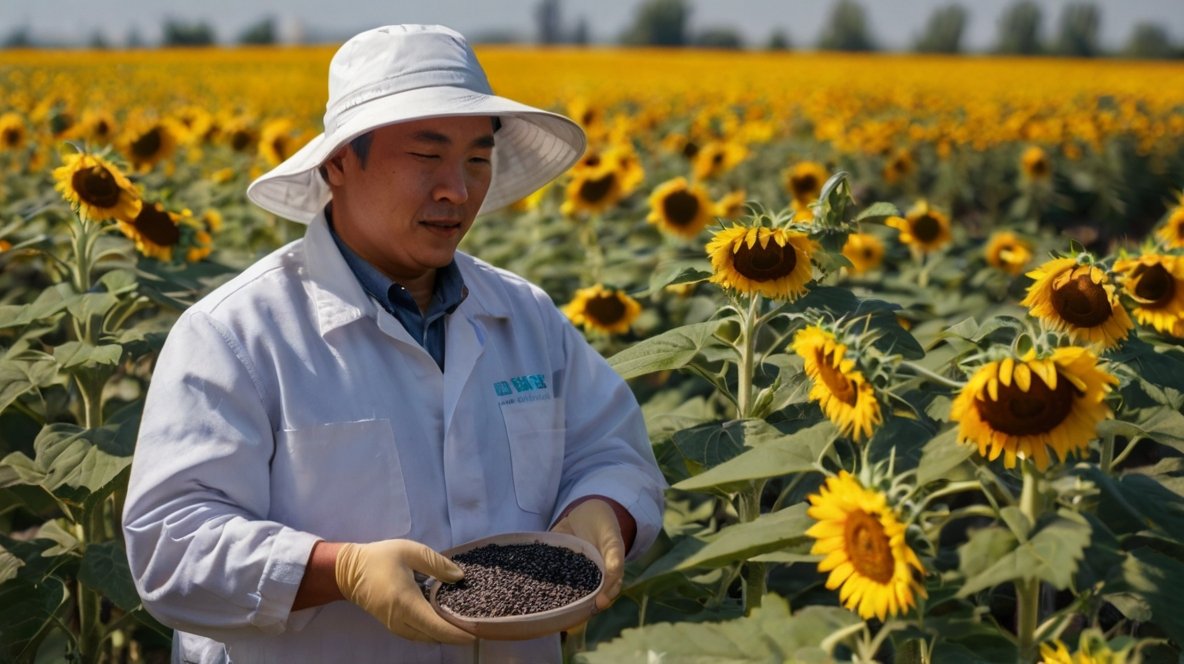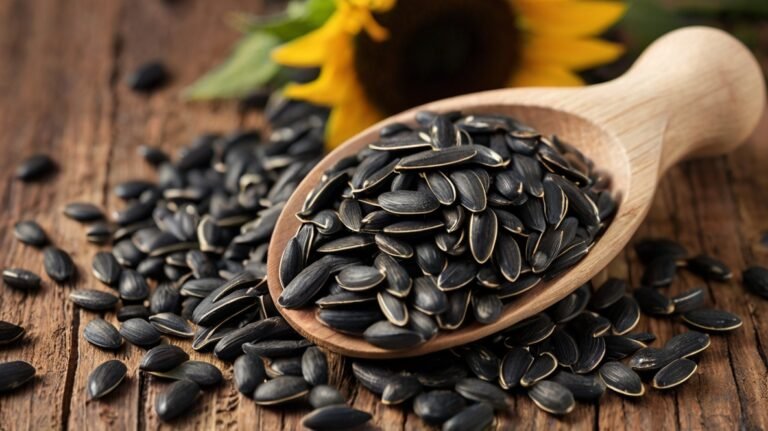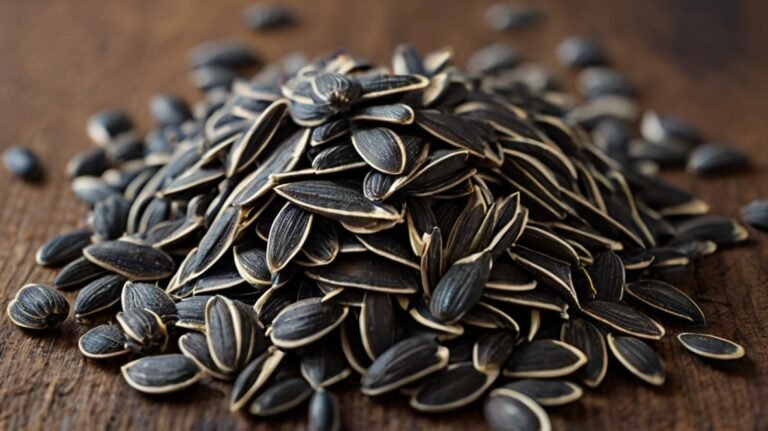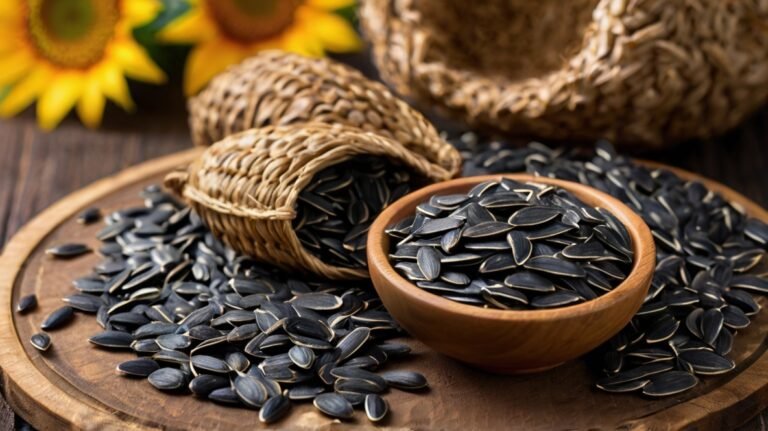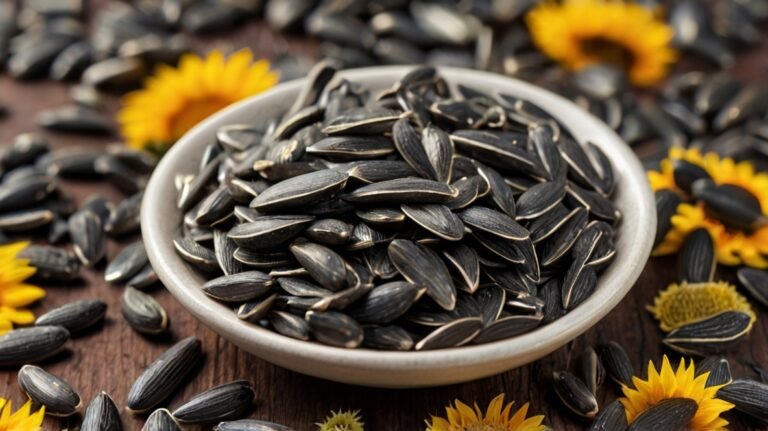At XingYi Trading, we're not just passionate about delivering premium sunflower seeds; we're at the forefront of sunflower seed biotechnology. Our commitment to innovation ensures that our seeds from Bayannur, Inner Mongolia, are not only delicious but also at the cutting edge of agricultural science. Let's explore how biotechnology is shaping the future of our sunflower seeds.

1. Enhancing Nutritional Profiles Through Biotechnology
Our Premium 363 Sunflower Seeds are a prime example of how biotechnology can enhance nutritional value.
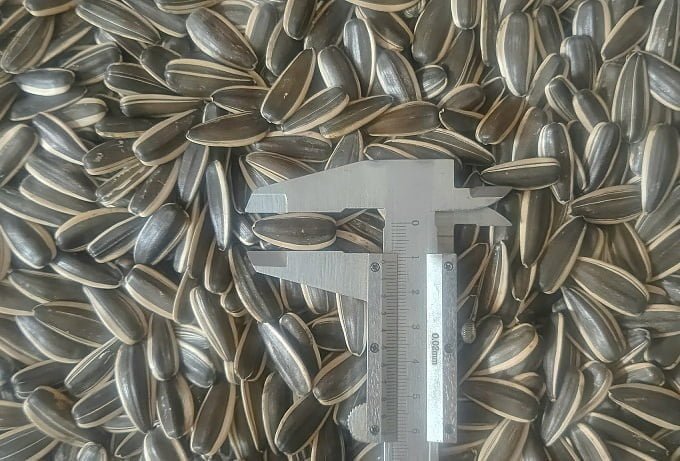
| Nutrient | Standard Sunflower Seed | XingYi Premium 363 |
|---|---|---|
| Vitamin E | 35.17 mg/100g | 40.62 mg/100g |
| Selenium | 53 µg/100g | 60 µg/100g |
| Zinc | 5 mg/100g | 5.8 mg/100g |
Through careful selection and biotechnological methods, we've boosted the nutritional profile of our seeds. Learn more about the nutritional benefits of our enhanced sunflower seeds.
2. Drought-Resistant Sunflower Varieties
Our Premium Tongqing No. 6 Sunflower Seeds showcase our biotechnology efforts in developing drought-resistant varieties.
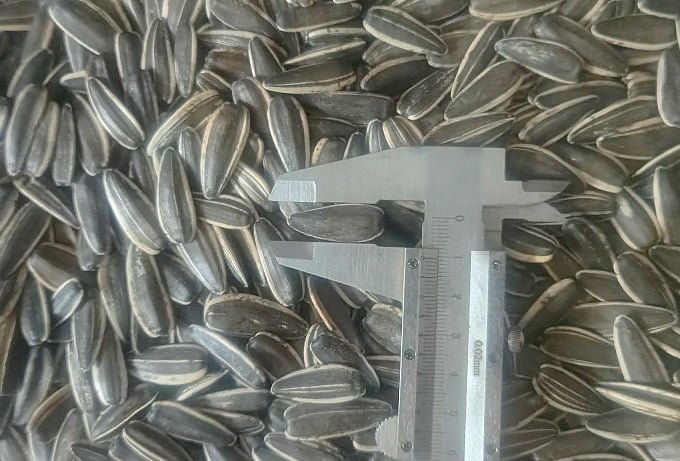
These seeds are engineered to thrive in arid conditions, requiring up to 30% less water than traditional varieties. This not only ensures a stable supply but also contributes to sustainable farming practices. Discover more about our sunflower seed varieties and their unique characteristics.
3. Pest-Resistant Sunflower Seeds
Biotechnology plays a crucial role in developing our pest-resistant Premium 361 Sunflower Seeds.
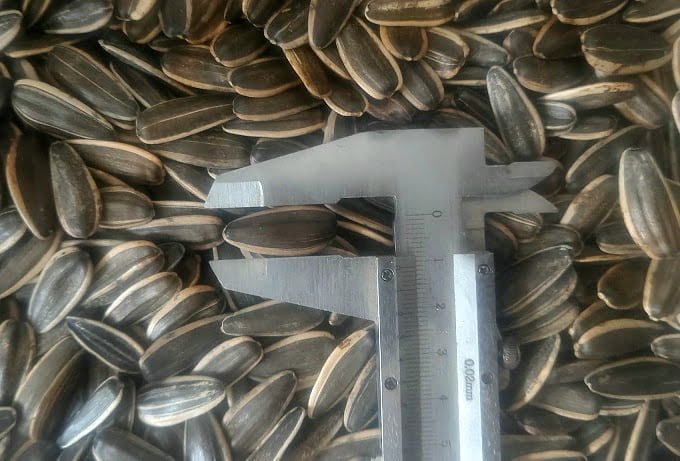
These seeds are engineered to naturally repel common pests, reducing the need for chemical pesticides. This results in:
- Healthier crops
- Reduced environmental impact
- Lower production costs
- Higher yield
Learn more about how we grow sunflowers from seeds using these innovative varieties.
4. Optimizing Oil Content Through Biotechnology
Our biotechnology efforts have significantly improved the oil content of our sunflower seeds:
Oil Content Comparison:
- Standard Sunflower Seeds: 39-49%
- XingYi Premium Sunflower Seeds: 45-55%
This increase in oil content not only enhances the flavor but also increases the yield of sunflower seed oil, making our seeds more valuable for both culinary and industrial applications.
5. Extended Shelf Life Through Genetic Modification
Biotechnology has allowed us to extend the shelf life of our sunflower seeds naturally:
| Storage Method | Standard Seeds | XingYi Biotech Seeds |
|---|---|---|
| Room Temperature | 2-3 months | 4-5 months |
| Refrigerated | 6-12 months | 12-18 months |
| Frozen | 12-24 months | 24-36 months |
This extended shelf life ensures that our seeds maintain their nutritional value and flavor for longer. Check out our guide on storing sunflower seeds for best practices.
6. Enhancing Flavor Profiles Through Biotechnology
Our biotechnology efforts aren't just about nutrition and yield; we're also focused on enhancing flavor:
- Increased sweetness in certain varieties
- Enhanced nuttiness in others
- Improved roasting characteristics
- Consistent flavor across batches
Explore our roasting techniques to bring out the best in our biotechnology-enhanced flavors.
7. Streamlining Harvesting Through Plant Architecture Modification
Biotechnology has allowed us to modify the architecture of our sunflower plants, making harvesting more efficient:
- Uniform plant height
- Synchronized flowering
- Improved seed retention
These modifications result in:
- Reduced harvesting time
- Lower labor costs
- Minimized seed loss during harvesting
Learn more about our efficient harvesting methods that maximize yield and quality.
8. The Future of Sunflower Seed Biotechnology at XingYi Trading
At XingYi Trading, we're constantly looking to the future of sunflower seed biotechnology:
| Research Area | Potential Benefits |
|---|---|
| Nutrient Fortification | Enhanced vitamin and mineral content |
| Climate Adaptation | Seeds that thrive in diverse environments |
| Allergen Reduction | Hypoallergenic sunflower seed varieties |
| Biofuel Optimization | Seeds with higher oil content for biofuel production |
Our commitment to innovation ensures that we'll continue to offer the best sunflower seeds on the market. Discover the health benefits of our current seed varieties while we work on the next generation of improvements.
At XingYi Trading, we believe that biotechnology is the key to unlocking the full potential of sunflower seeds. From our Premium 363 with enhanced nutritional profiles to our drought-resistant Tongqing No. 6 and pest-resistant Premium 361 varieties, every seed we produce is a testament to our commitment to innovation and quality.
Our biotechnology efforts ensure that we can meet the growing global demand for sunflower seeds while maintaining the highest standards of quality, flavor, and nutrition. Whether you're using our seeds for cooking, snacking, or industrial applications, you can trust that you're getting a product that represents the pinnacle of sunflower seed biotechnology.
Ready to experience the future of sunflower seeds? Visit our contact page to place an order or learn more about our biotechnology-enhanced products. From the fertile fields of Bayannur, Inner Mongolia, to your table, XingYi Trading is committed to delivering sunflower seeds that are not just a snack, but a triumph of agricultural science.
Remember, when you choose XingYi Trading's sunflower seeds, you're not just getting a product – you're investing in the future of agriculture. Taste the difference that biotechnology can make, and join us in our mission to continually improve and innovate in the world of sunflower seeds!

